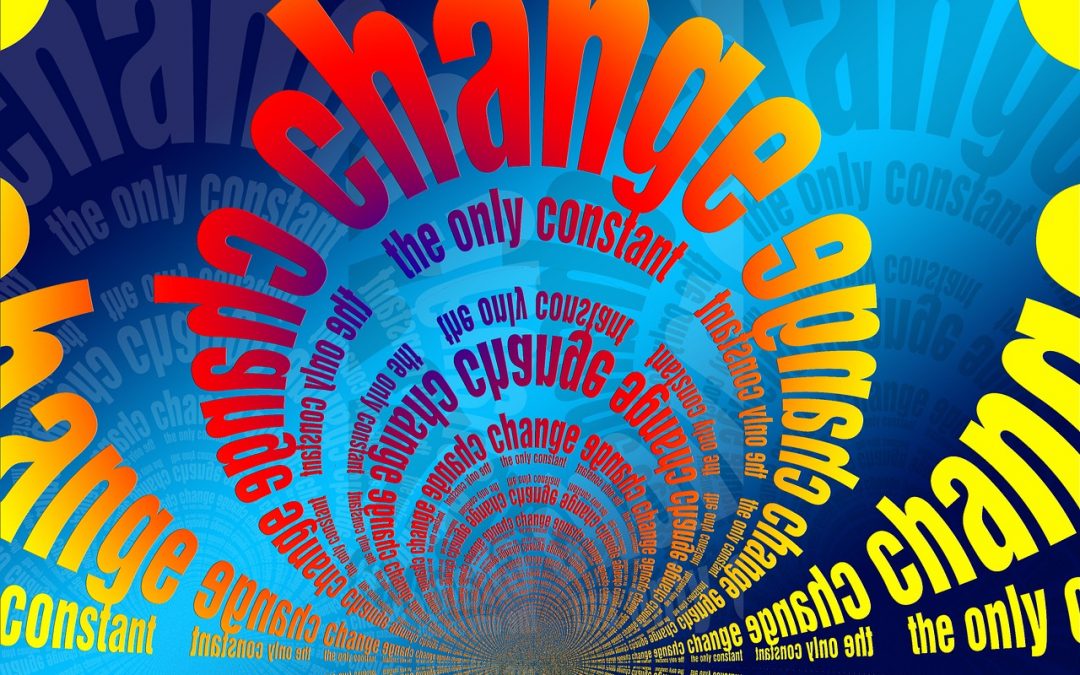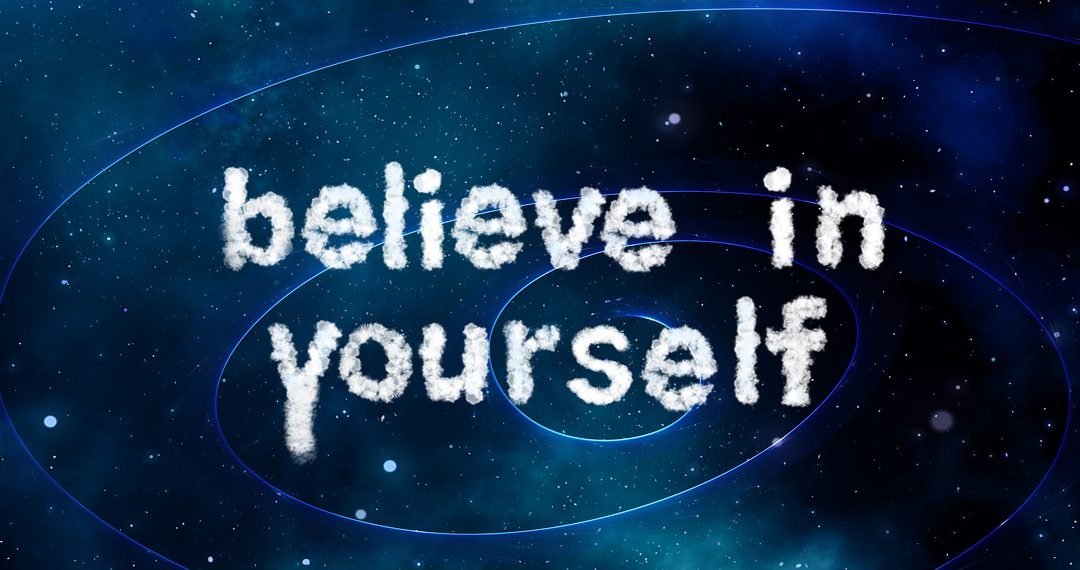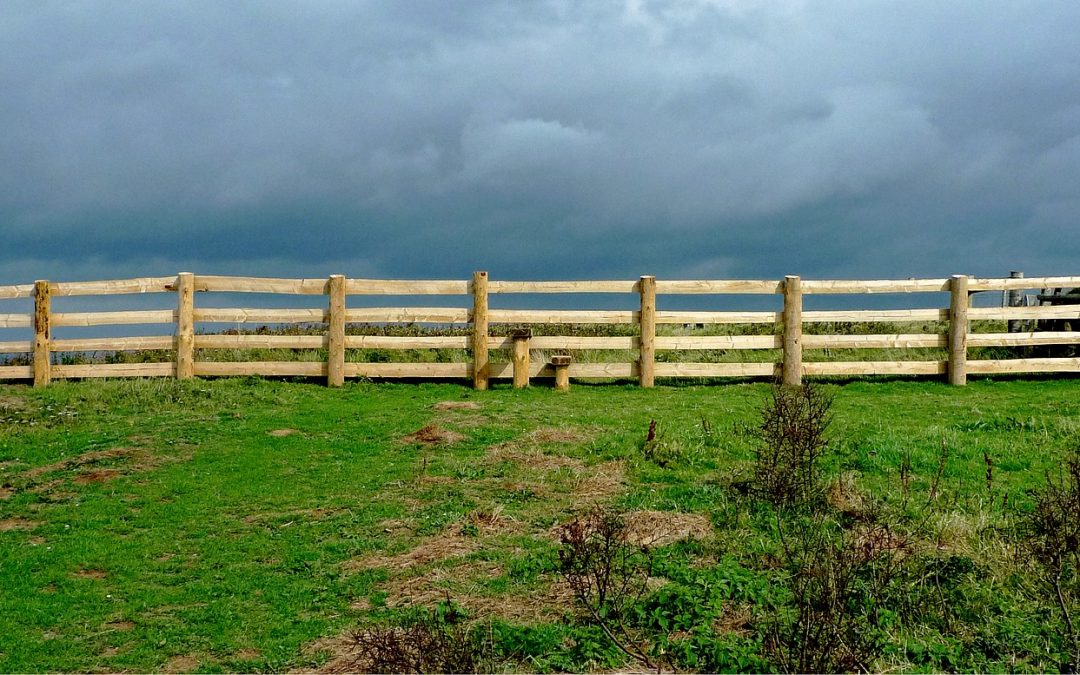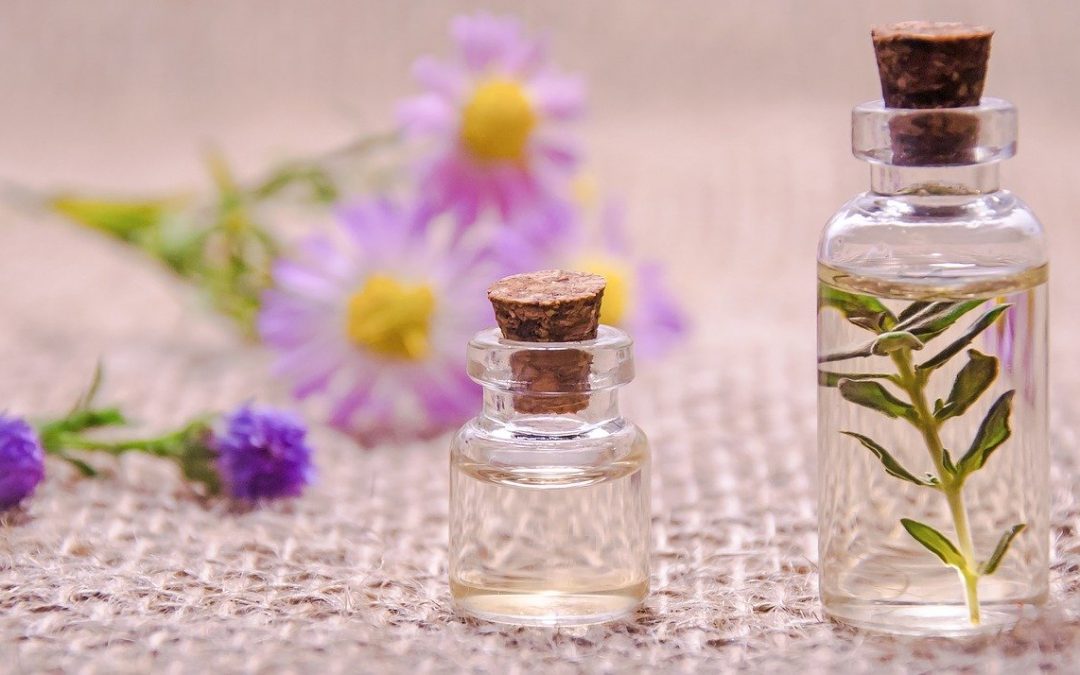
Desiderata Revisited
On my recent vacation to Antigua, I spent many hours walking the beach, wading in the turquoise water and collecting special seashells and beach glass as souvenirs . On one particular afternoon, I found myself looking out to sea and hearing this phrase in my head: Go placidly amid the noise and haste and remember what peace there may be in silence. It described the moment perfectly. As I began walking along the water’s edge and looking to the sky, another phrase came to mind: You are a child of the universe – and whether or not it is clear to you, no doubt the universe is unfolding as it should. Again, in this moment, a perfect description of what I was experiencing. Then I stopped in my tracks. Holy flashback, Batman! It’s the Desiderata!
The year was 1971. I was a teen and like all my friends, I loved to listen to music. At that time, John Lennon was encouraging us to “Imagine” ; The Doors were describing “Riders on the Storm” and “LA Woman” ; John Denver was asking “Take Me Home, Country Roads” ; Aretha Franklin wanted us to “Rock Steady “; Janis Joplin lamented about “Me and Bobby McGee” ; Rod Stewart wondered about “Maggie May” ; the Rolling Stones were singing about “Brown Sugar” and “Wild Horses” ; and the Led Zepplin guys were climbing a “Stairway to Heaven” . But unlike these songs, Les Crane chose to recite a poem! Highly unusual, given what the rest of the music industry was doing. His deep, soothing voice was almost hypnotic. He sounded like an older friend offering sage advice for leading a good life. And he got a Grammy Award for ” Best Spoken Word Recording” that year.
The poem was entitled Desiderata which means “things that are desired” or “things that are yearned for” . It was written in the 1920’s by an American lawyer in Terre Haute, Indiana, named Max Ehrmann (1872-1945). He supposedly penned it after World War I, yet before the Stock Market Crash and Great Depression . In a sense, he was outlining a philosophy of living. Through the eyes of youth, it seemed very serious and solemn at a time when we were embarking upon our independence and staking claims to our future. But I had the poster on the wall in my room anyway! However, looking at Desiderata after 43 more years of life experience, what a gift it is! It has offered guidelines to living a meaningful life. It has offered a framework for my review and reflections upon all that has transpired in my life since my introduction to the poem/song in 1971. And over time, I have seen most of it unfold as Max Ehrmann described.
This made me wonder: maybe those who were too young to remember this poem/song might also gain life insights if they had a chance to read and ponder it. With this in mind, I give you the Desiderata , by Max Ehrmann (copyright 1927).
(note: the second last sentence has had two versions, so I’ve included both for your consideration)
Desiderata
Go placidly amid the noise and haste, and remember
what peace there may be in silence.
As far as possible without surrender, be on good terms with all persons.
Speak your truth quietly and clearly, and listen to others,
even the dull and ignorant; they too have their story.
Avoid loud and aggressive persons, they are vexations to the spirit.
If you compare yourself with others, you may become vain and bitter; for always, there will be greater and lesser persons than yourself.
Enjoy your achievements as well as your plans.
Keep interested in your career, however humble;
it is a real possession in the changing fortunes of time.
Exercise caution in your business affairs; for the world is full of trickery. But let this not blind you to what virtue there is; many persons strive for high ideals; and everywhere life is full of heroism.
Be yourself. Especially do not feign affection.
Neither be critical about love; for in the face of all aridity and disenchantment, it is as perennial as the grass.
Take kindly the counsel of the years, gracefully surrendering the things of youth. Nurture strength of spirit to shield you in sudden misfortune. But do not distress yourself with imaginings. Many fears are born of fatigue and loneliness. Beyond a wholesome discipline, be gentle with yourself.
You are a child of the universe, no less than the trees and the stars, You have a right to be here. And whether or not it is clear to you, no doubt the universe is unfolding as it should.
Therefore, be at peace with God, whatever you conceive Him to be. And whatever your labors and aspirations, in the noisy confusion of life keep peace with your soul. With all its sham, drudgery and broken dreams, it is still a beautiful world. Be careful (Be cheerful).
Strive to be happy.
Article written by Pat Antoniak, Registered Nurse – Registered Aromatherapist
and owner of the Natural Comfort Wellness Centre in Tsawwassen, BC.





Recent Comments